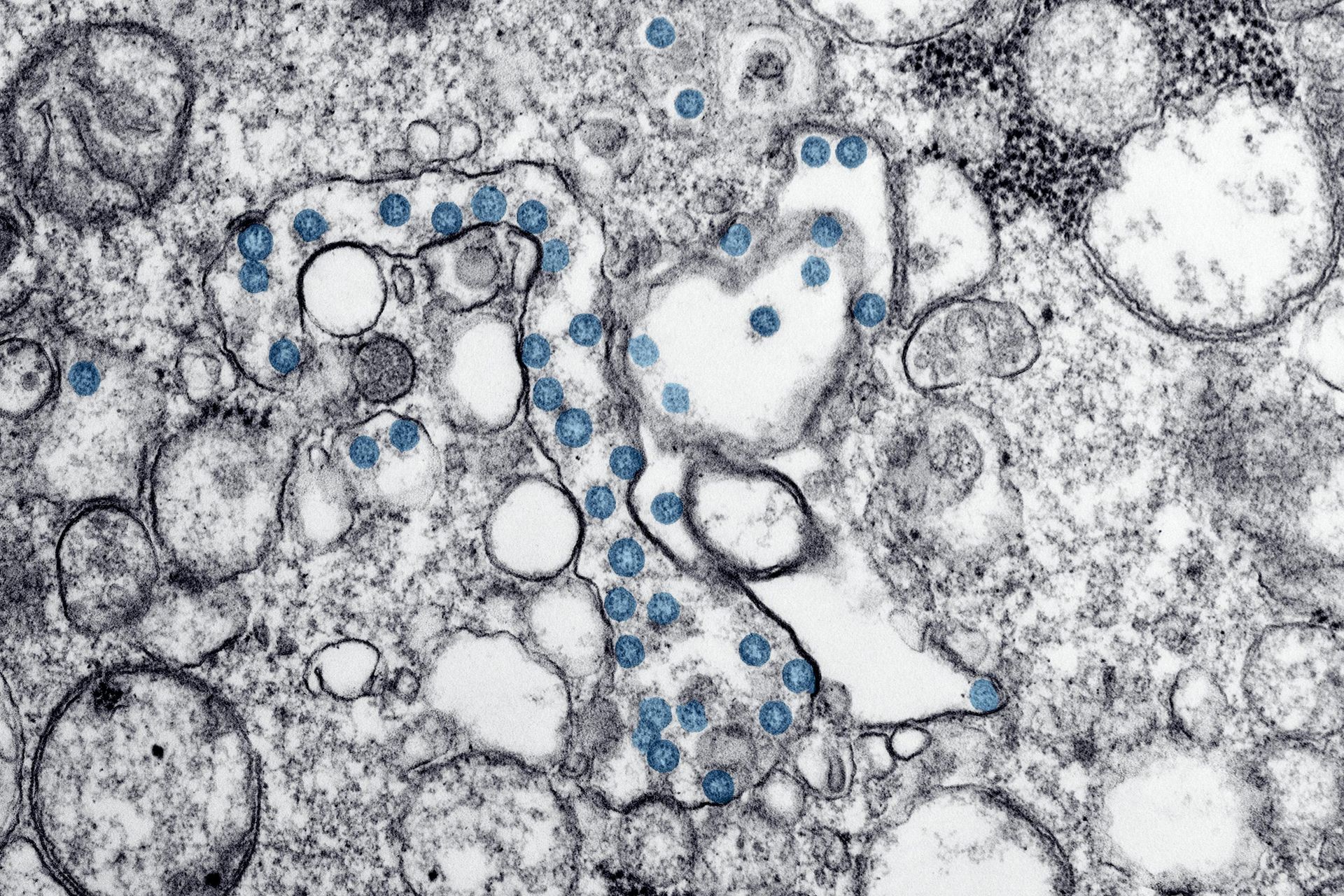Albus is a Latin word

Blog vol 4.8. Albus is a Latin word.
Every second summer our family has a “Harry Potter Festival” where we watch all eight Harry Potter movies. We are big fans of the books and the movies. The headmaster at Hogwarts School of Magic is a wizard named Albus Dumbledore. His name means White Bumblebee, with albus being the Latin word for white. Over the last 3 years, I have had the pleasure of meeting a number of very capable and upbeat people who are keenly aware of the word albus because they were born with albinism.
Albinism is an inherited condition that results in reduced melanin pigment in the skin, hair, and eyes. This is the only thing albinism does, it does not affect cognitive or physical function, it just causes pigmentation issues; that is it. Albinism is not that common in North America, affecting 1 in 20,000. It is a myth that albinism always causes pink eyes, it can but, as with anything, there are varying degrees of albinism. There are 7 known types of albinism, ranging from no pigment at all to hair and skin relatively unaffected and eyes with light pigmentation (ocular albinism). All forms of albinism affect the eyes and vision (read more here).
Pigmentation in the eye is important as this is what absorbs the incoming light, without the pigment the light just bounces around and doesn’t get absorbed resulting in substantial vision loss at the macula, roving back and forth of the eyes (nystagmus), a significant eye prescription requiring glasses or contacts and sometimes eye turn (strabismus).
With the government’s decision in 2020 to allow bioptic telescopes for drivers with specific visual challenges, many people with albinism have been able to drive for the first time. Albinism is stable, the eyes are not getting worse unlike in many conditions that cause a person to qualify for bioptic assistance. This is good and makes for a very hopeful prognosis.
These patients have been a joy to work with. They have taught me the wide gap between visual impairment and visual disability. These patients are not disabled, not in the least, they have learned to work with their impairment and they do not focus on what they cannot do but on what they can do.
Imagine that you were told from a young age that a driver’s license, which normal-sighted people just take for granted, would be out of your reach. All the people with albinism that I have worked with have been highly motivated, great to work with, great learners, and very resourceful. Seriously, I cannot make this up. I wish all my patients were this enthusiastic.
As always, I look forward to working with whoever sits in my chair and I look forward to helping the few who need that special touch with bioptics to get on the road,
the good doctor






